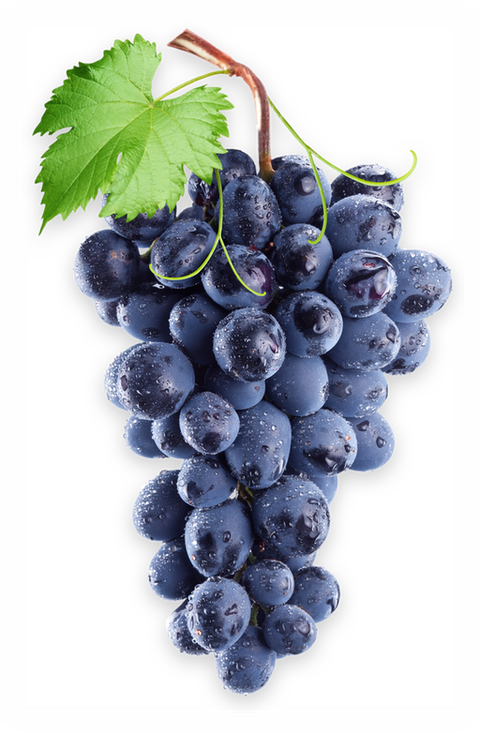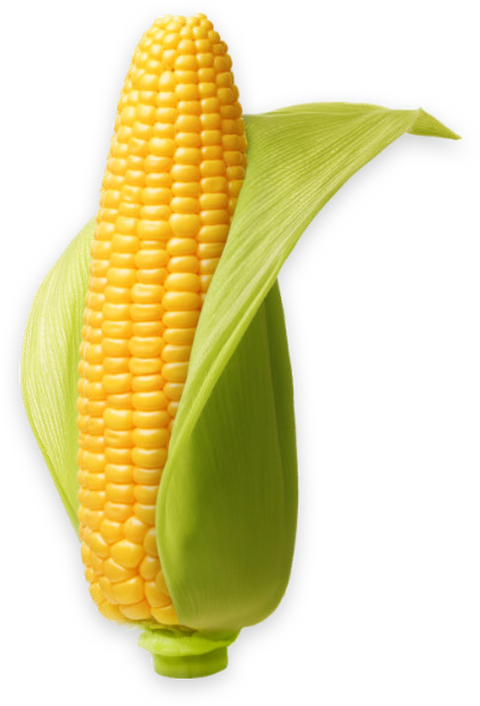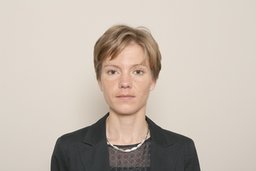

Article
Closing word
As IoF2020 is coming to an end, we are now considering its legacy. One of the most important impacts that IoF2020 has had is that it has established a community and an innovation ecosystem of actors. This community comes in the form of a network, especially involving agri-tech affine stakeholders. This network has a European outreach, and even beyond. This allows follow-up actions, forming a good starting point for SmartAgriHubs but also for other pilot projects. It should not be forgotten that an ecosystem and a network is as good as its management. It will not be kept alive without constant care.
IoF2020 has been a broad project with multiple facets. What strikes me is the overall demonstrative power of the project. IoF2020 was funded under Horizon 2020 but has not been a classic research project. It has taken place in “real life” conditions, where not only the technical aspects were observed but also the economic feasibility of the innovations presented. The technologies demonstrated had to be manageable in a normal farm and not just in a lab.
As a Project Officer here in Brussels, I mainly had contact with the project management side of IoF2020. I wish it would be possible for us to explore directly on the frontline what are the impacts of the project. The advantage of such a large project is its considerable impact and its ability to encourage interactions between different levels of decision-making and exchange of experiences across the EU and beyond. On the other hand, it is sometimes difficult to get a feeling of the effects of a particular Use Case at the local level. I think it would be important to revisit the Use Cases, with a view especially for policy-makers to have an opportunity to see how they work in practice. This is not always possible, especially in times of the COVID-19 pandemic. This is why the demonstrative power of IoF2020 is key, showcasing possibilities at a local level as well as at an international level. The demonstrative power helps to convince stakeholders of the effectiveness, efficiency, and capability of new technologies. What we are challenged with at the European level, is always how to quantify the added value of the innovative approaches developed, the costs and benefits, the sustainability impact… This is a lesson to be taken into account in future projects.
Joining such projects can be a challenge for young farmers. They have to commit not only their time but also invest financially in the project and adjust farm work to the project schedule. However, there is a lot to gain from joining such a project, from the feedback from experts to discovering new farm management techniques as well as the integration into a large network. One has to accept that an innovation project can fail. However, we can learn the lessons from those projects and it is important to share such lessons. IoF2020 has aimed at evaluating the advantages of digital technologies independently. When you encounter new technologies on the market, you can be hesitant to invest in them. It can be useful to have neutral players to better guide the farmers, and it would be interesting for the results of the Use Cases to be capitalised in such a way. The farmers themselves are extremely important in providing constructive feedback and helping in the innovation process. Farmers associations and farm advisors are essential partners in offering guidance and disseminating information to the farmers.
IoF2020 was a project with a strong communication team, which has been crucial to create a sense of community and to capitalise on project results. Communication efforts targeted not only farmers, agri-tech companies, and scientists, but also other stakeholders and policy-makers.
I believe the experience of IoF2020 has provided us with a comprehensive overview and will help to set priorities in future research and innovation activities. IoF2020 was a large umbrella project, and from this large-scale project, we can identify the areas that require our attention. This opens the way for smaller, more tailored projects. Some open questions remain in areas already covered by IoF2020 and it might be worthwhile to continue more in-depth work on specific Use Cases.
If the exchanges between the actors in the wider project community would be maintained, and if the Use Cases would be able to continue developing innovation even after the formal conclusion of the project, that would be an achievement for this project.
Doris Marquardt Programme Officer at the Directorate-General for Agriculture and Rural Development


Doris Marquardt
Programme Officer at the Directorate-General for Agriculture and Rural Development